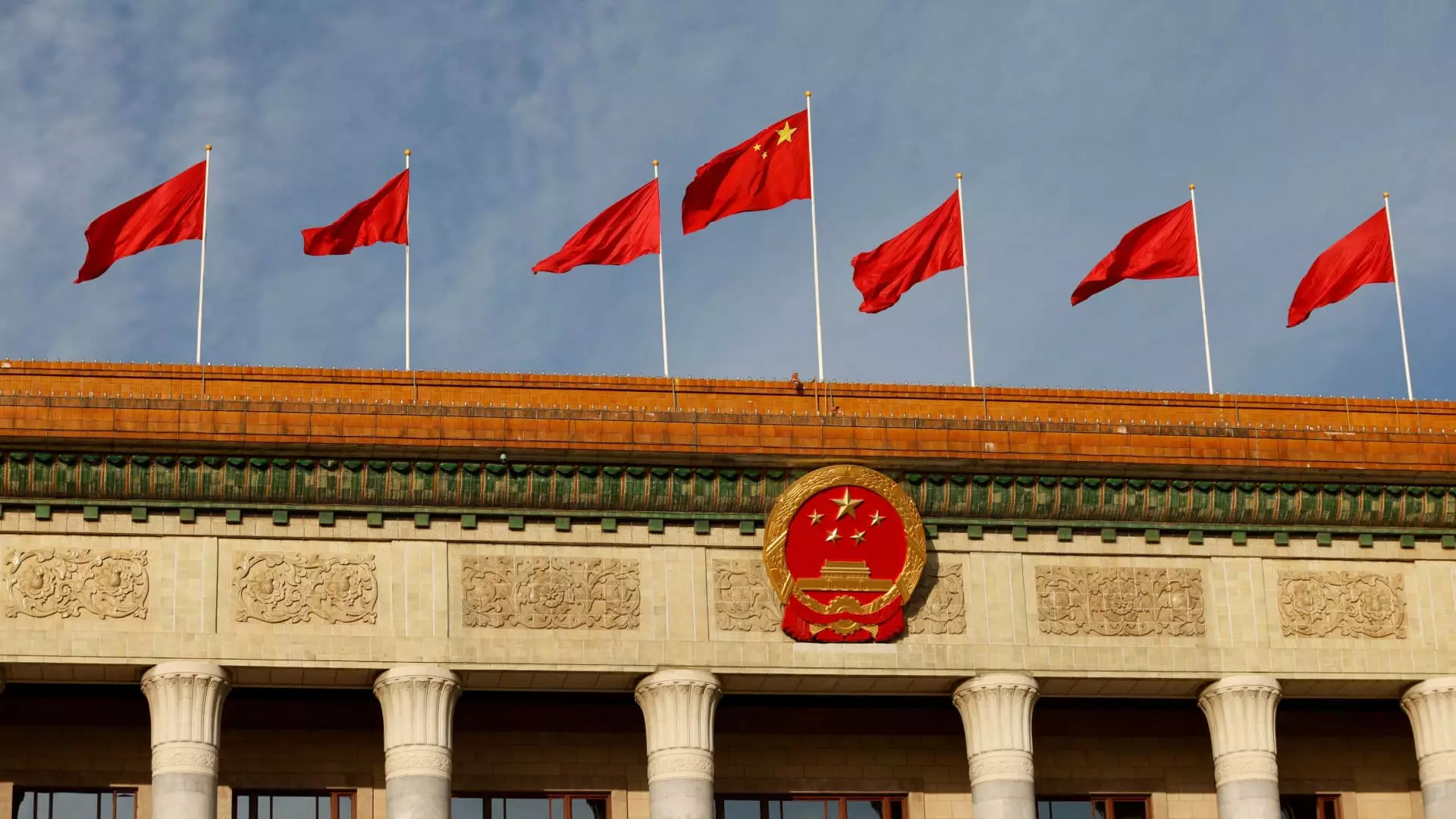China has recently strengthened its national security measures by broadening the scope of state secrets protection to include a new category called “work secrets.” President Xi Jinping signed an order to officially adopt revisions to the law on “Guarding State Secrets,” which highlights the importance of safeguarding sensitive information. This move has raised concerns among experts and foreign businesses operating in China.
The new rules, which are set to come into effect on May 1, define work secrets as information that could have a negative impact if disclosed. This broad definition has led to worries that individual departments may classify innocuous details as work secrets, limiting public access to information and potentially exposing individuals to legal consequences. Jeremy Daum, a senior fellow at Yale Law School’s Paul Tsai China Center, raised concerns about the potential misuse of this provision.
Foreign businesses in China face uncertainty due to the lack of clarity surrounding the new law. While China already has a reputation for being opaque compared to other developed countries, the addition of work secrets further complicates matters. The ambiguous language of the law and the absence of clear guidelines on what constitutes important data for export have created an unquantified risk for foreign companies. This uncertainty may hinder investment decisions and business operations in China.
Both Beijing and Washington have cited national security risks as justification for imposing new restrictions on businesses. The revised state secrets law identifies information that could potentially harm China’s security and interests across various domains, including politics, economics, national defense, foreign affairs, and technology. The law also imposes restrictions on overseas travel for individuals involved in handling state secrets, adding another layer of complexity for businesses operating in China.
The updated state secrets law reflects China’s efforts to enhance national security and protect its interests. While these measures aim to strengthen confidentiality and safeguard sensitive information, they also raise questions about transparency and accountability. The implications of the expanded protections for work secrets remain a topic of debate among legal experts and foreign businesses. As China continues to prioritize national security, the impact of these regulations on the business environment will be closely monitored.
The expansion of state secrets protection in China signals a broader trend towards tightening controls on sensitive information. While the intention is to enhance security and safeguard national interests, the lack of clarity and potential for abuse pose significant challenges for businesses and individuals. As China navigates the delicate balance between security and transparency, the implications of these new regulations will continue to shape the country’s legal landscape and business environment.

